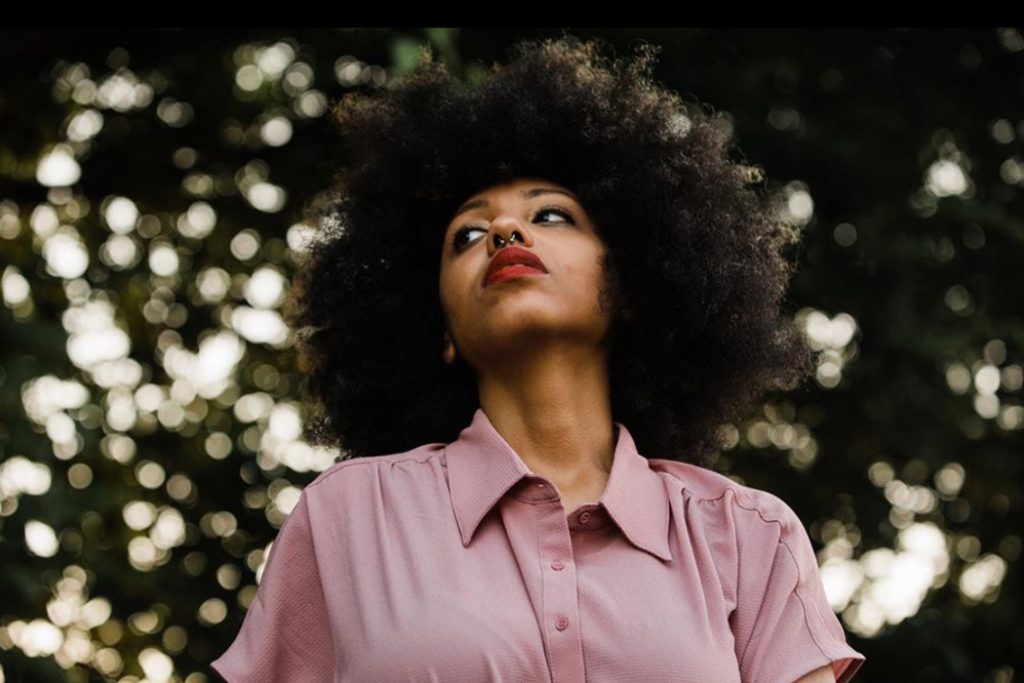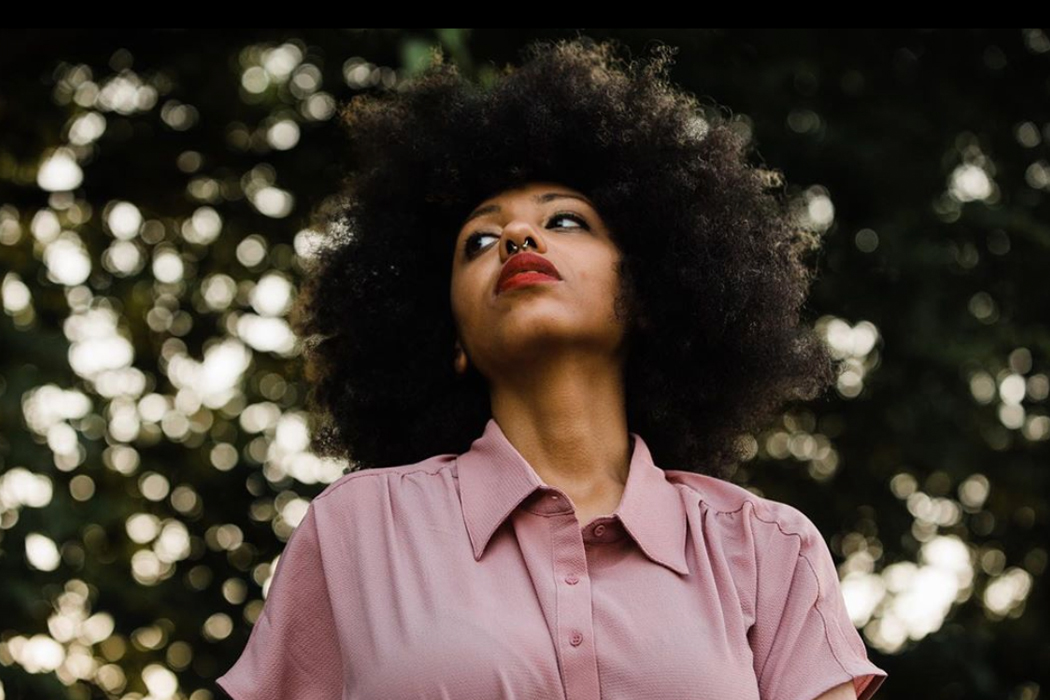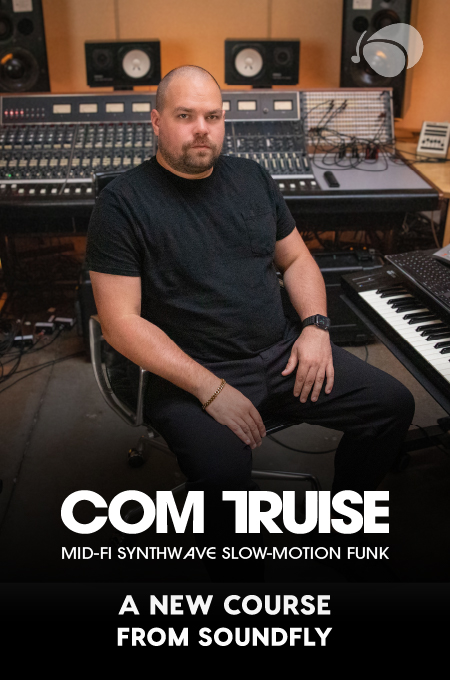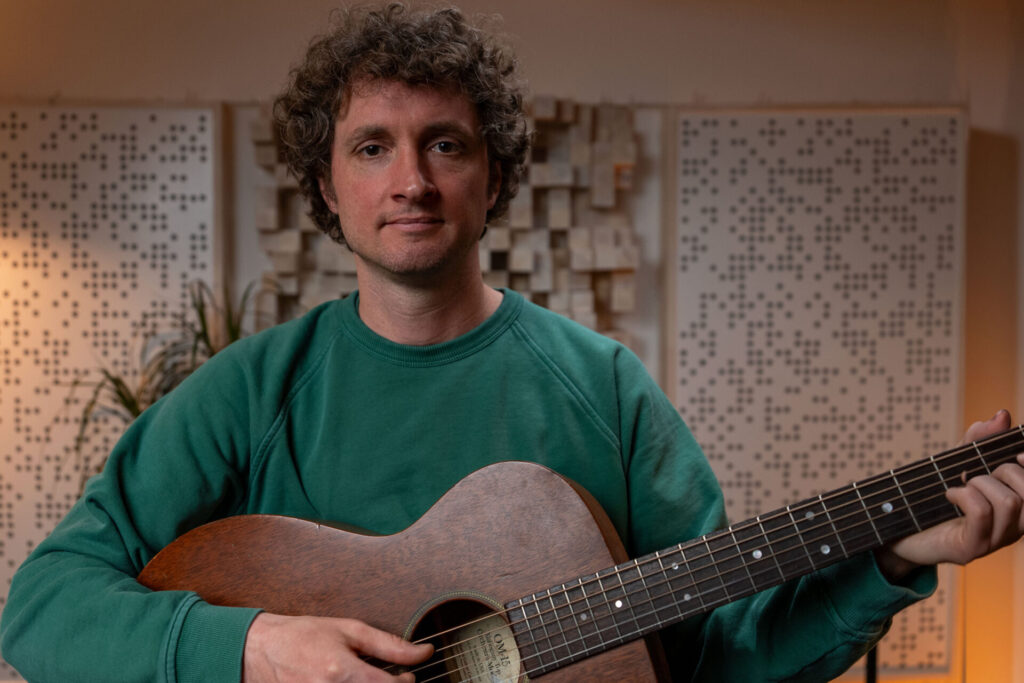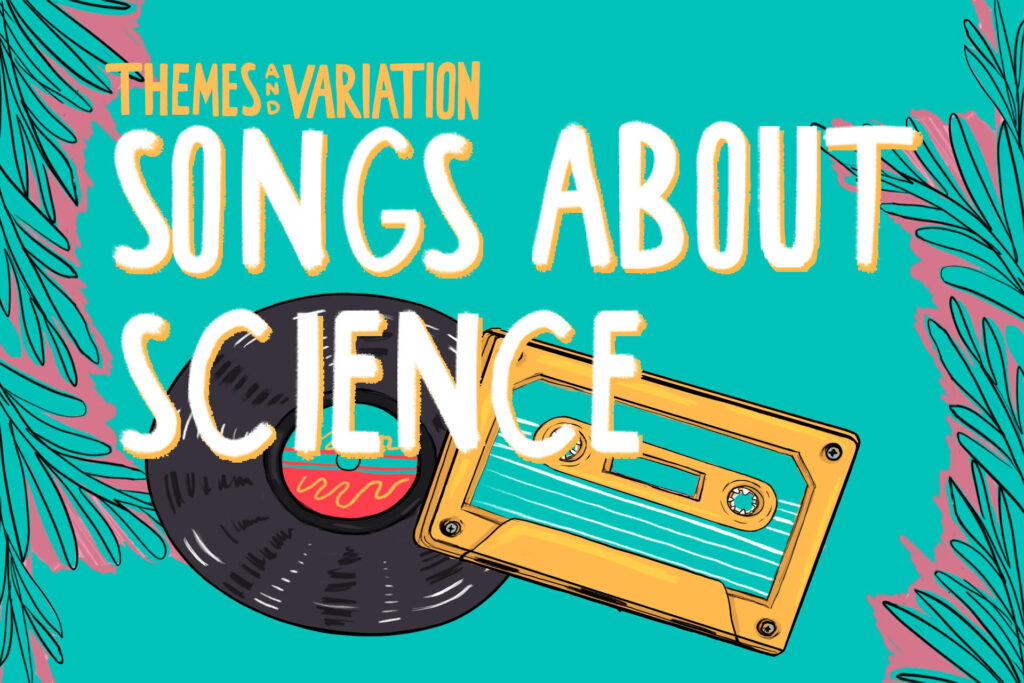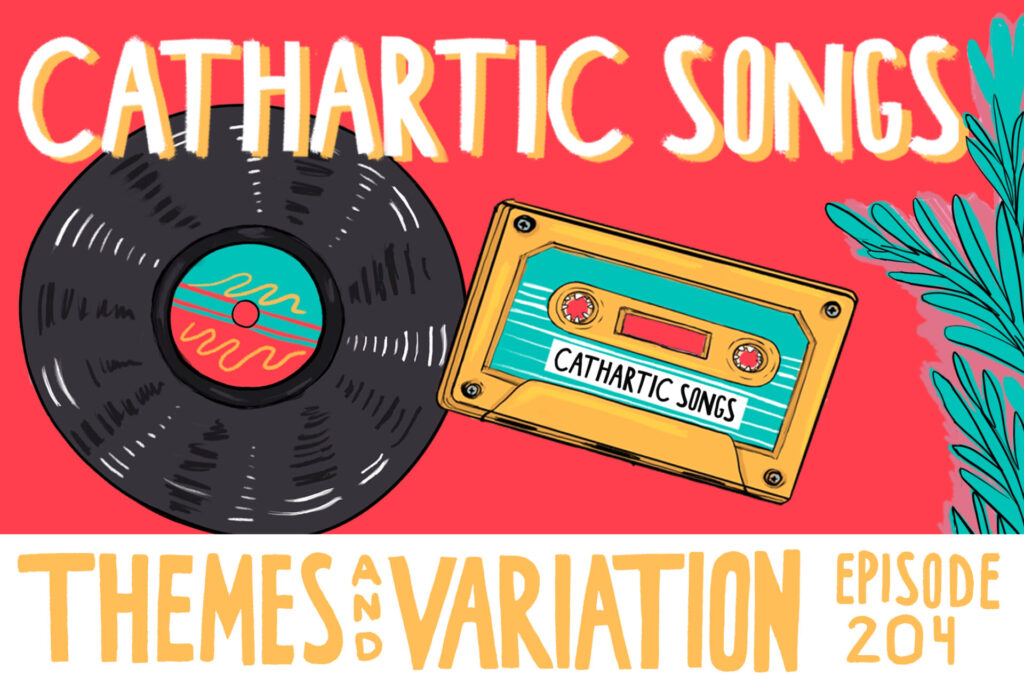Today we’re going to shed some of the spotlight on a Soundfly Mentor who loves to help artists deepen their songwriting craft and expand their branding and marketing potential just the same. Introducing Keturah Brown, a Nashville-based songwriter, producer, and music branding coach who writes, records, and performs under the artist name KadyRoxz. (Follow her music branding page here.)
Keturah has an MA in music marketing from Berklee College of Music and a passion for branding strategies. She studied with some fantastic mentors including Yvette Noel-Schure (Beyoncé, Prince), Brian Message (PJ Harvey, Nick Cave, Radiohead), and Imogen Heap. As a songwriter, she has written and performed original works around the world, most recently on a European tour. Last year, one of her tracks was included in iHeartRadio’s Newbie Hall of Fame four weeks in a row, leading to an invitation to perform at the iHeart Radio Lounge in Tennessee.
You can work with Keturah when you sign up for Soundfly’s The New Songwriter’s Workshop course, or when you propose a custom project in branding, marketing, networking, or social media promotion via our Headliners Club mentorship program. We asked her some questions so we could better introduce you to her working procedures and coaching methods. (To learn more about Soundfly mentorship, click here.)
Tell us about your musical goals and apply to work with Keturah on your next project!
Can you describe the music you make and how you make it?
I make music that seeks to tell a story. Genre-wise, I would say I make “pop/soul” music, but I don’t think a genre alone really communicates what I make. And truth be told, I zig and zag left and right of that line all the time. I grew up in a town that had a strong folk scene, watching legends in the making like Valerie June play at coffee shops, so I write folk all the time. I learned to write songs with Rick Carnes (Reba McEntire, Garth Brooks) in Nashville so I write country songs all the time, and one of my most visible mentors is Mister “Soul Man” himself, David Porter.
To me, I’m just always trying to tell you something that I’ve learned: “Here’s what happened. Here’s what I learned. I hope you don’t have to go through what I went through to learn that too.”
And it all starts with rhythm. If you want people to feel your music, make sure that they can really feel it. Rick and I used to mute the necks of our guitars and just strum to get a solid rhythm down. Then I would find a melody that just felt really natural and fill in chords around that melody. If I hadn’t found lyrics yet (I usually write melody and lyrics all at once) then I’d fill them in next.
“Five minutes into running my scales, I’ve found a really interesting chord that feels good to harmonize over vocally. And then I spend the next hour not practicing at all, just writing that idea out to completion.”
When I started working digitally, I kept that same ideology when working: I would create or find a drum loop, find the melody, etc. I’m also a pianist, so the easiest way for me to write music is to practice. Five minutes into running my scales, I’ve found a really interesting chord that feels good to harmonize over vocally. And then I spend the next hour not practicing at all, just writing that idea out to completion.
What are the types of Headliners Club sessions that you feel most comfortable working on with students?
Creating social media marketing plans. Creating brand growth strategies. Educating people on artistry and how to draw that out of themselves. Helping people write better songs. Teaching people how to build strong networks. How to create press kits and contact the press professionally. How to map out a tour. How to begin the steps that will one day make your brand profitable. How to attract music sponsorships and partnerships.
Who are you listening to right now?
Oooh, this is a fun one. I’m super into my own scene right now in Tennessee. We’ve got some big cult favorites here like Lul Lion, Daisha McBride, and Chuck iNDigo. I’ve also always been obsessed with Rebecca Sugar’s writing. She was one of the main songwriters on Adventure Time and the creator of Steven Universe, and her writing often paired with the vocals of Olivia Olson (Marceline) and Estelle (Garnet) to create pure musical fire. Her work is very healing, and Olson has perfect pitch, so you can imagine how addictive that catalog of work is. The song “Slow Dance” from Adventure Time is 100% my favorite musical aesthetic.
Lastly, I’ve been returning to some comforting favorites from my childhood lately with albums like Stevie Wonder’s Songs in the Key of Life, Al Green’s I’m Still in Love With You, The Very Best of Sam Cooke, and so much Ray Charles. The theme of my life right now is things that make me feel good, safe, and capable.
What was your favorite ever concert experience and why?
Paramore’s Riot Tour (2008). Hands down. It was the first concert I was ever able to go to without adult supervision. But more importantly at age 14, seeing Hayley [Williams] on stage being an absolute friggin’ boss, and knowing that she was from Tennessee like me — it just ignited something really special in me that probably drove a lot of my musical efforts forward. She gave me something that I really needed that night.
“I don’t really believe in exploiting myself emotionally for my art. That’s not healing. That’s damaging. Heal first. Cultivate art second.”
Where do you go to find inspiration for your work?
I’m a sad, sad kid writing songs to myself out of love because I want Keturah to feel better. I’m super familiar with cultivating an uninspired workflow (working to work because being a songwriter and a musician is work), but when it comes to working because I feel something, I don’t think my process is as mature. It’s more of a, “God, here comes the vomit of feelings. Is it gonna get all over the floor (me crying, eating, or doing other unproductive things), or is it gonna go on the page?”
These days, I have been better at guiding myself to my piano or guitar to play through it, and that’s a result of more overall life discipline and balance — crying when it feels good to cry. Journaling when you need to speak, but not be heard. Calling a warm spirit when you need to be heard. Working out when you need to be present with yourself. Eating food that makes my body feel good. And then, if it feels genuine to create something out of my feelings, I take it to the writing room. But I don’t really believe in exploiting myself emotionally for my art. That’s not healing. That’s damaging. Heal first. Cultivate art second.
How do you balance work and creativity?
I plan out my day. Many Sundays, I ask myself, “What would I like to accomplish this week specifically?” — whether that be a complete goal or a task that is a step in the direction of that goal. I write that all down, then I do my best to assign which day I would like to complete those things. But that’s really hard.
I don’t like anyone telling me what to do. Not even me, haha. So I just go, “Here’s what I want to do this week.” Then I wake up each day and figure out what I want to do that day, and if the end of the week comes and something hasn’t been checked off, I reassess: “Am I honoring myself by shifting the deadline?” Depending on how honest I am with myself, I will either go right into work mode (no matter whether it’s work that pays my rent or creative work), or I’ll forgive myself for being human and just reschedule.
What was the best piece of musical advice you’ve ever received?
One of the best pieces of advice I’ve ever received was: “You can do it all. You just can’t do it all at once.” So I aim to work with students to set up realistic goals that can help them create more deliberate marketing strategies for their work.
Work with Keturah Brown to achieve your next musical goal and complete your next project in a custom four-week Headliners Club session! Just fill out this form and mention her name, or check out some of our other Soundfly Mentors’ music below.
